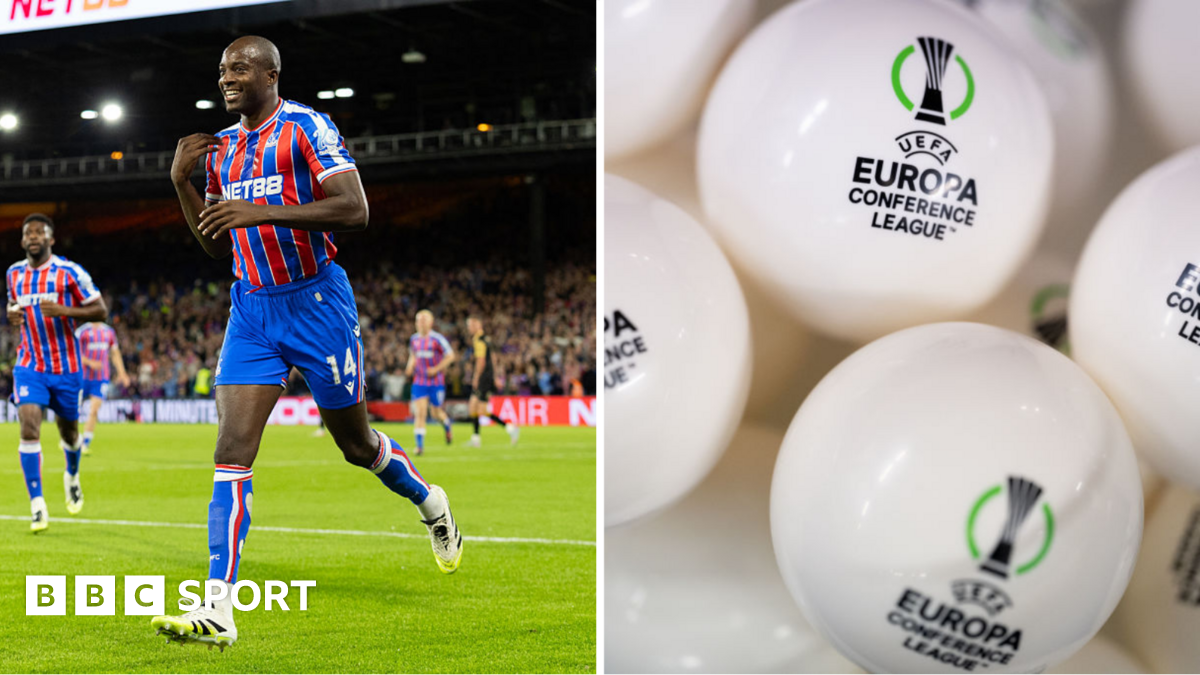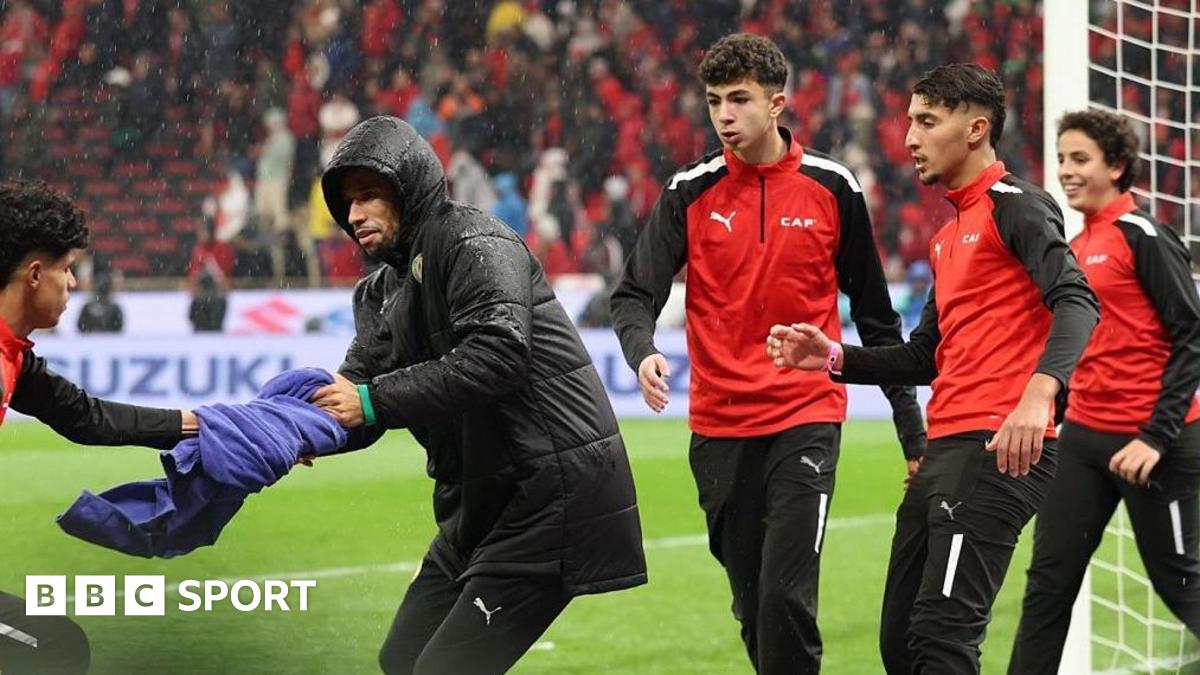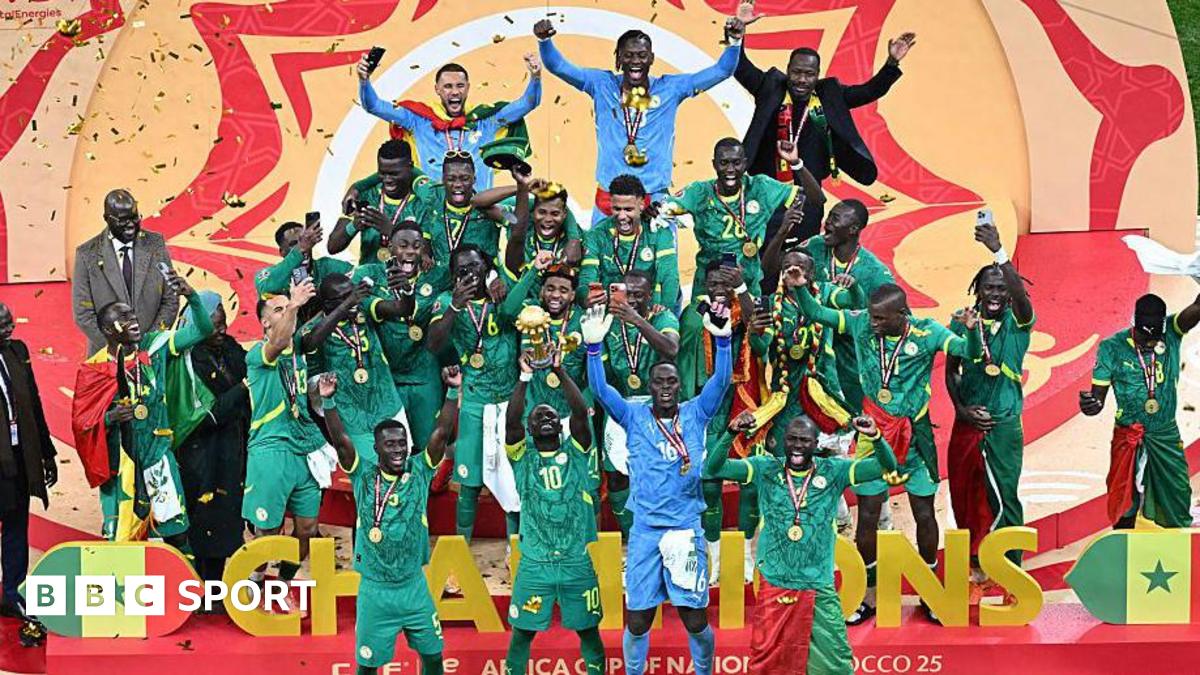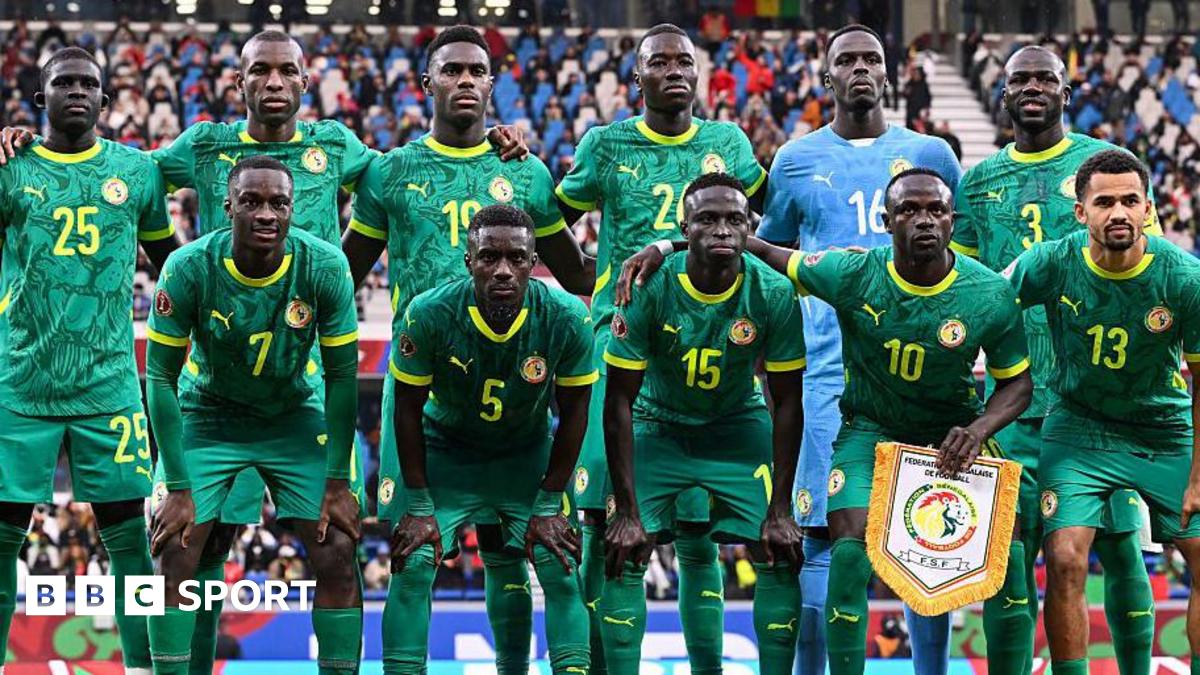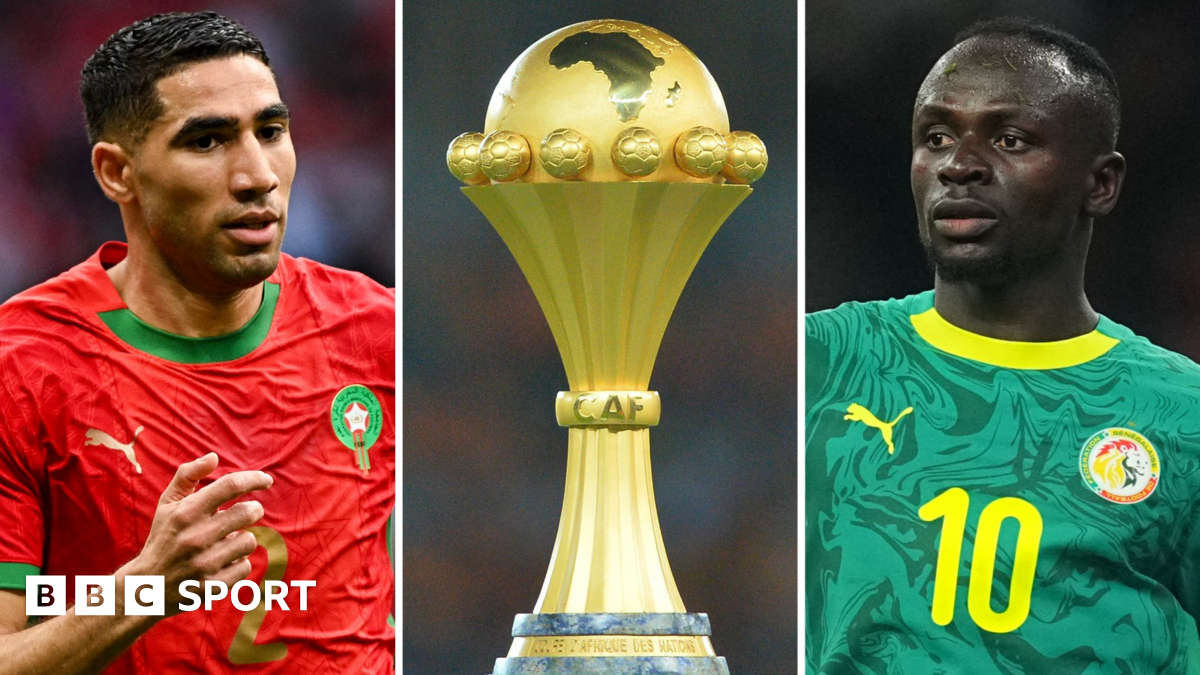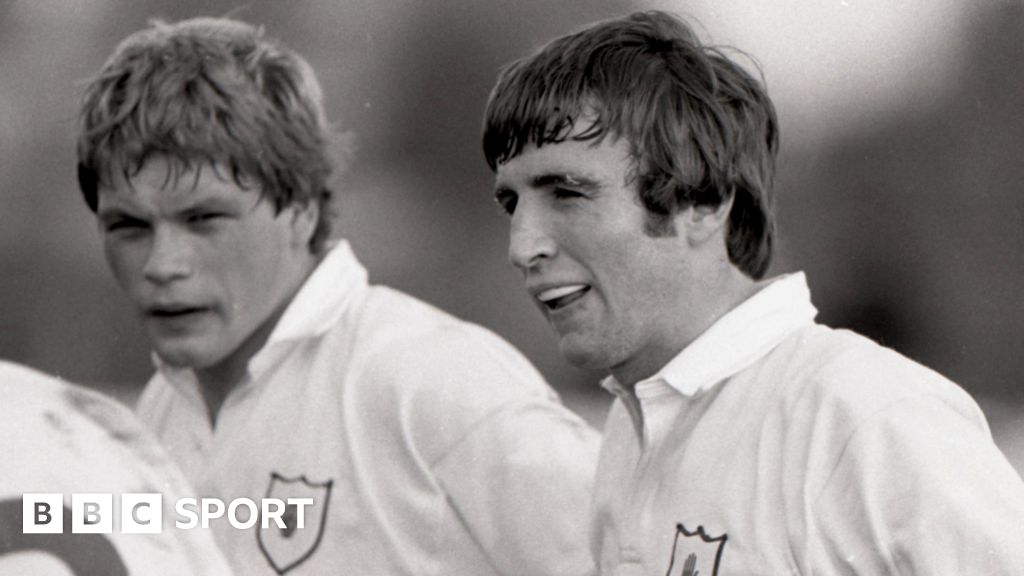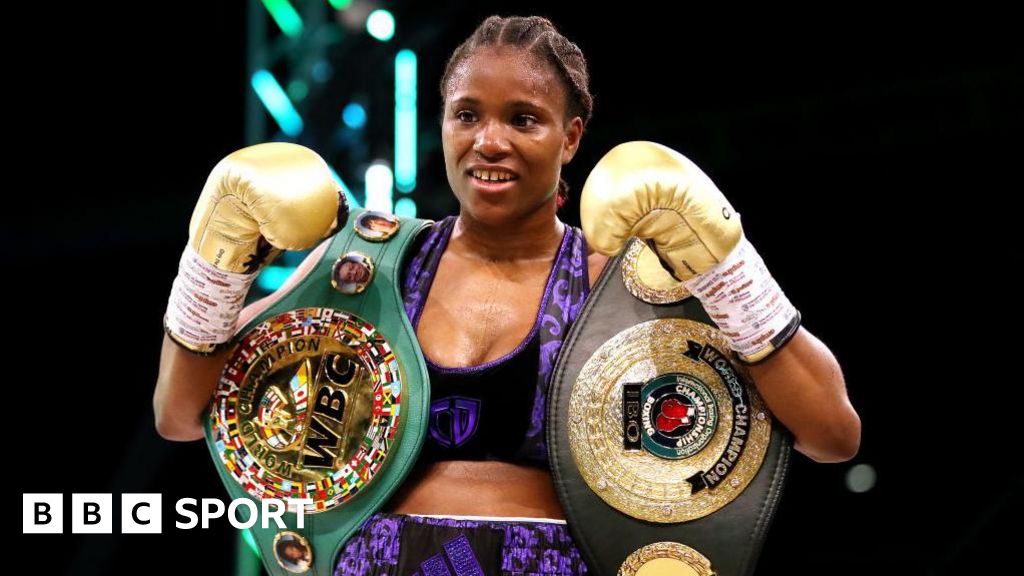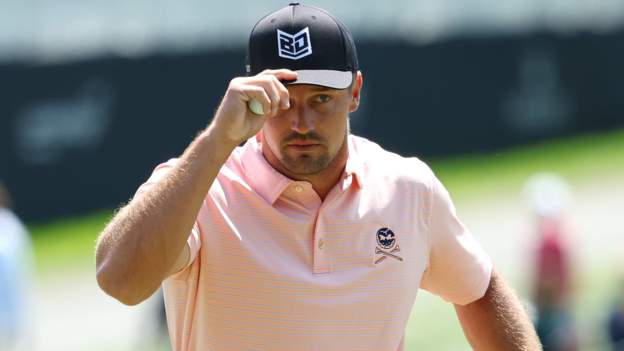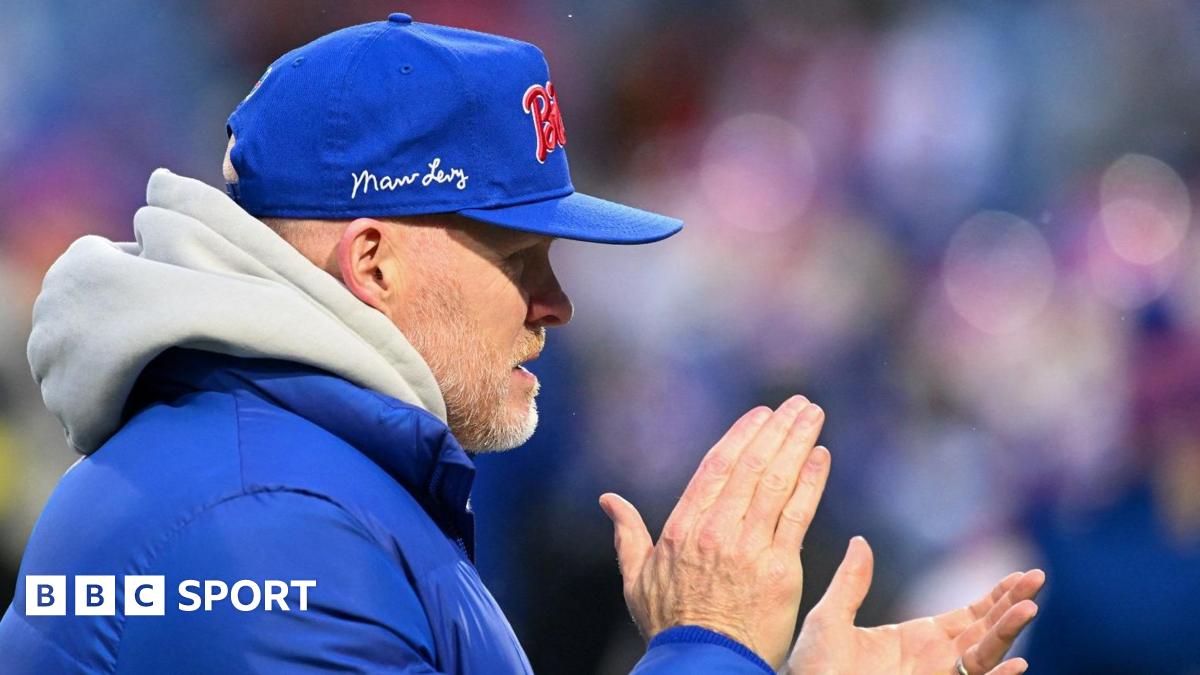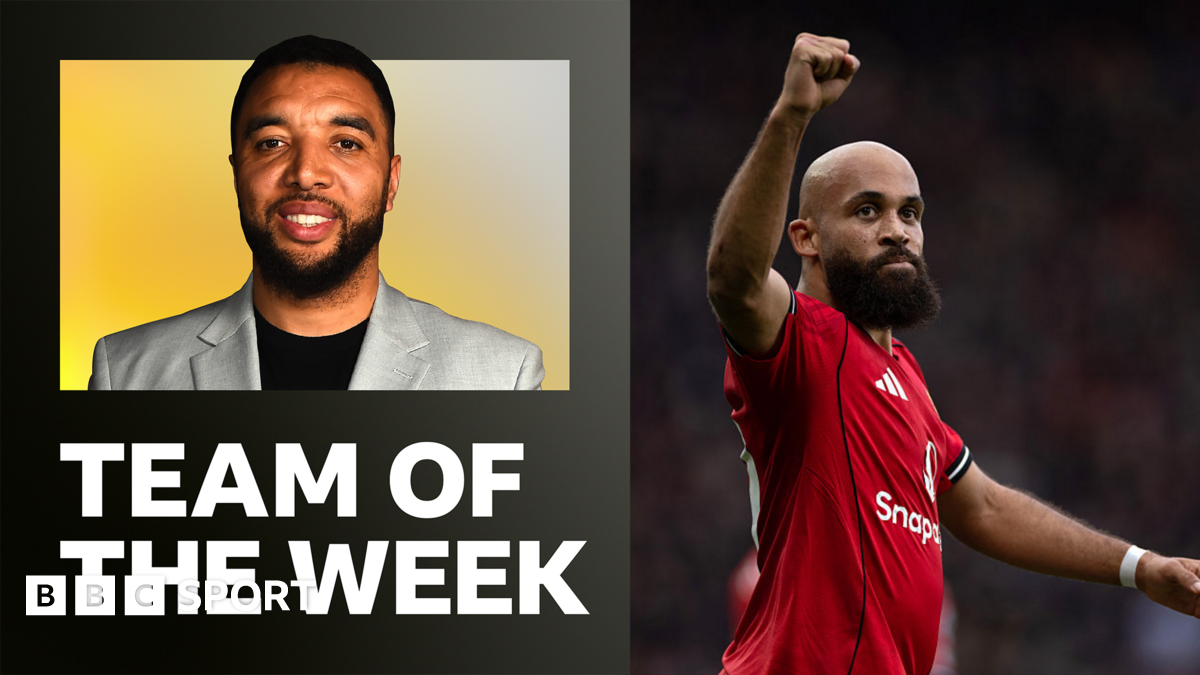The game, played on 14 November 1984, was not a classic given the conditions but saw Ulster lead 6-3 at half-time before they fell 13-6 behind thanks to a pair of tries from Australian winger Peter Grigg.
The boot of Ian Brown brought Ulster back to within a point with the game best remembered for its dramatic conclusion, the winning penalty from Ulster full-back Phillip Rainey from more than 45 metres out.
“It really was a herculean kick when you think about what a wet day it was, playing with a leather ball that had been soaking up the rain, the distance, near the end of the game,” said Carr.
“Chipper [Rainey] is very modest about all of that, and Ian Brown had kicked points too, but it was a mammoth kick and there’d be very few around at that time, or even since, who would have made it.
“Rightfully it has come to epitomise the spirit of that side.”
For Rainey, who would go on to win his sole Irish cap against the All Blacks in 1989 after Davidson became national coach, it was a wholly deserving moment in the spotlight.
“Nowadays, Chipper would have had 30 caps the way they give them out,” said Irwin, who himself won 25 Irish caps and toured with the British and Irish Lions in 1983.
“Rab Brady was the same, he was man of the match in that Australia game and he’d sat on the bench for Ireland without ever getting a cap back then [he was retrospectively awarded a cap last year for an appearance against Japan in 1985].
“The old adage was that it was harder to get off the Ireland team than to get on it at that time.”
Irwin feels cases such as those ensured the Ulster team of the time always took the field “with a point to prove”, with the famous win over Australia providing the momentum for a run of 10 straight outright or shared interprovincial titles and a period of increased international representation from the 1985 Triple Crown season with Carr one of those to debut in green.
“[Beating Australia] certainly gave us a lot of confidence. Off the back of that we beat Fiji, we beat Samoa, we beat Canada, we beat Italy, a lot of strong provincial sides,” said Irwin.
“It opened our eyes to what we’d said all along, that we were capable of beating anyone on our day.”

